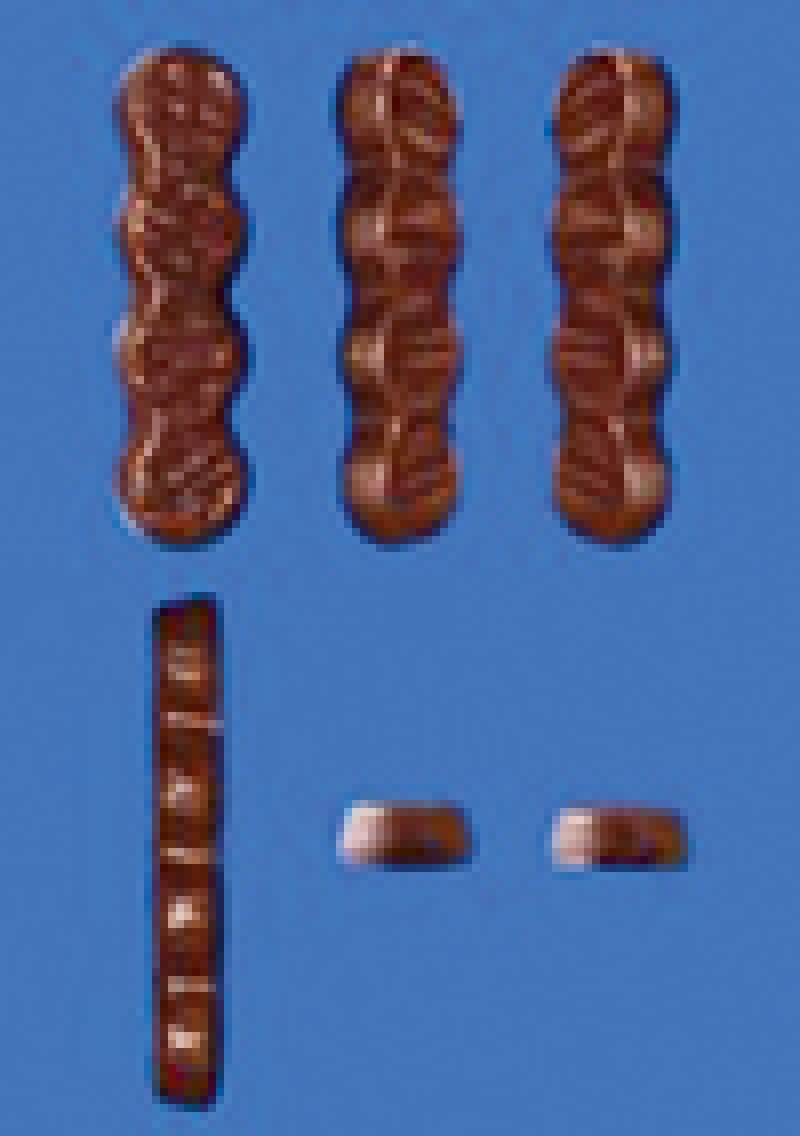On January 31, 2014, a Mexican applicant, Grupo Bimbo, filed an EUTM application for the three-dimensional mark shown.

The application covered goods in classes 5, 29 and 30. By decision of April 25 2014, the examiner refused the application for all goods based on Article 7, paragraph 1 (b), of Regulation 207/2009. On June 25 2014 the applicant filed an appeal with EUIPO against the examiner's decision under Articles 58 to 64 of the Regulation No 207/2009.
By decision of March 2 2015, the First Board of Appeal of the EUIPO dismissed the appeal on the ground that the mark was devoid of distinctive character under Article 7, paragraph 1 b) of Regulation No 207/2009 for all goods. The Board of Appeal considered that the mark was not fundamentally different from certain basic shapes of the products. Instead, the mark was believed to be a variant of the basic shapes or to have a utilitarian function.
The applicant considered, in essence, that his mark, for which registration was requested for bars of chocolate-covered marshmallow, was sufficiently distinctive because of the rounded lateral lines that give these bars the form of four circles with a wavy profile. By refusing registration of the mark, the Board of Appeal violated Article 7, paragraph 1 b) of Regulation No 207/2009
The Court dismissed the appeal. The application for a 3D EUTM of a bar with four circles was dismissed for lack of distinctive character. The application contained a bar of chocolate-covered marshmallows. The simple fact that it was a variant of a conventional form did not give the 3D shape distinctive character.
Specifically, the Court considered that when a three-dimensional mark is constituted by the shape of the product for which registration is sought, the mere fact that that shape is a 'variant' of a common shape of that type of product is not sufficient to establish that the mark is not devoid of distinctive character under Article 7, paragraph 1 b) of Regulation no 207/2009.
It is always advisable to check whether the average consumer of that product, who is reasonably well informed, observant and circumspect, can easily distinguish the product concerned from similar products without conducting an analysis.
This decision appears to be in line with previous case law on this subject. Even so, if an applicant considers filing for 3D protection for the shape of the product itself, the shape must not only deviate from conventional forms but also be able to function as a sign to indicate the commercial origin of the product.

|
Noëlle Wolfs |
V.O.Johan de Wittlaan 72517 JR The HagueThe NetherlandsTel: +31 70 416 67 11Fax: +31 70 416 67 99info@vo.euwww.vo.eu










